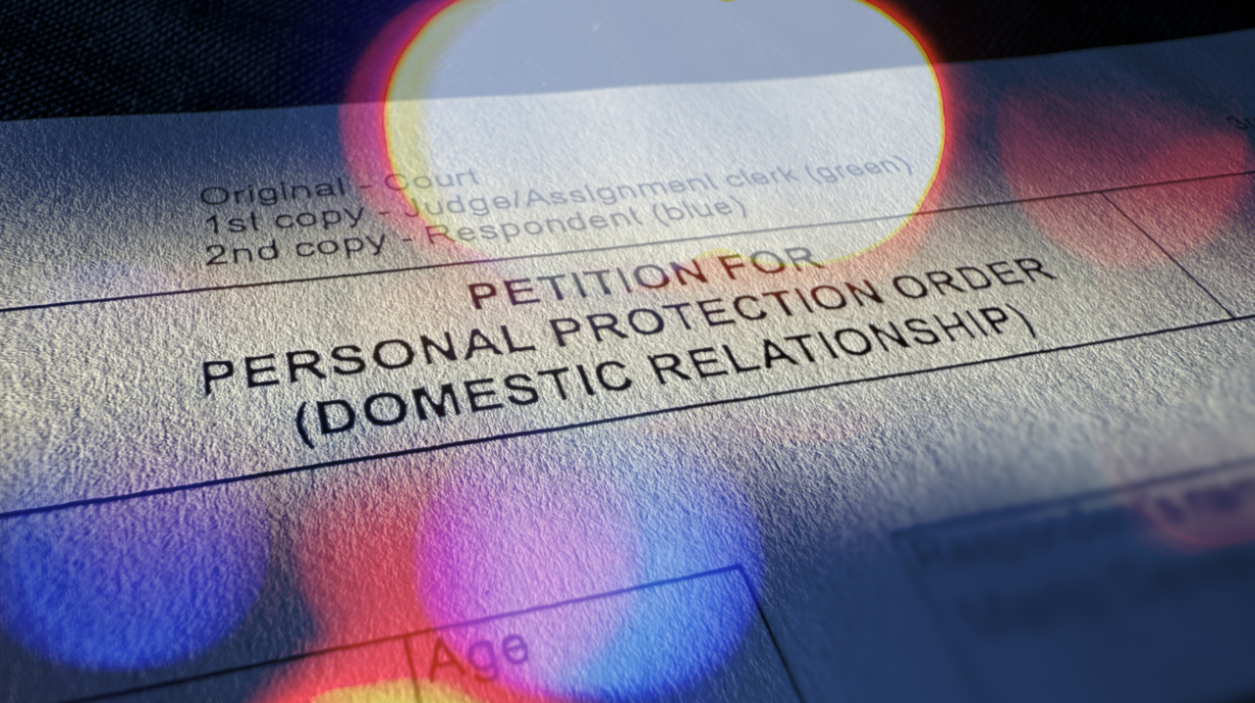(WXYZ) — The recent shooting death of Latricia Green, a Detroit nurse allegedly killed by her ex-husband after obtaining a personal protection order against him, illustrates a serious gap in how Michigan protects those living in fear, advocates for domestic abuse survivors say.
As 7 News Detroit first reported last week, despite a judge granting a PPO against Mario Green on July 21, the Detroit Police Department says Green was never served with the order.
Watch Ross Jones' video report below:
Under Michigan law, it is the responsibility of an alleged victim to make sure that a PPO is served on the person they’re seeking protection from. Often, they have to dig into their own pockets.
“Each one of these barriers that’s erected for people seeking help and seeking safety is another avenue for a perpetrator to potentially cause harm," said Johanna Kononen, the director of law and policy for the Michigan Coalition to End Domestic and Sexual Violence.
"There’s no cost to calling 911, right?" Kononen asked. "This is an extension of that. This is that type of safety that we should be offering to victims of crime."
Escalating behavior
In the months before she would be killed, Latricia Green lived in fear.
According to court records, she had called Detroit Police over a dispute with her ex-husband Mario Green back in March. By April, she said he’d shown up to her job, trying to enter her office.
In June, Green had called her job and threatened her colleagues, she wrote. By July, she told a judge that her ex-husband had broken into her car, cutting up her clothes and shoes
Her July application for a PPO—her second in two months—was only approved after she told a judge that Mario Green followed her, trying to “turn his car into mine…I feel that the system has now let me down each time that I have tried to make reports on this man,” she wrote.
“I am asking for help before this goes too far, and things are too late.”
- If you're seeking help in filing a PPO, Michigan Legal Help offers resources online.
- Click here to access the State of Michigan VOICEDV hotline for 24-hour phone, text and chat features
- To find providers in your area who specialize in resources for sexual abuse and domestic assault survivors, click here.
Once a PPO is granted, petitioners in Michigan have three options to have it served.
At no charge, they can choose an adult—often a family member or friend—to serve the order, but that comes with risks.
“They’ve asked for protection from that person for a reason,” Kononen said. “They know that they’re dangerous and they know what they’re capable of.”
A petitioner can try to serve the person through a certified letter, but that relies on the accused agreeing to sign a piece of paper proving they were served.
The third option, which advocates say is best, is having law enforcement or a process server serve the accused. But in Michigan—unlike most states—doing so comes at a cost.
In the case of Latricia Green, it is unclear why the PPO was never served.
'Access to justice'
How much you pay depends on how far police have to travel. The Wayne County Sheriff’s Office has a fee schedule, which prices as $28 and as high as $99.50.
In Macomb County, prices start at $60 and can reach as much as $79, according to sheriff’s officials.
In Oakland County, PPO service ranges from $26 to about $82.
Experts with the Battered Women’s Justice Project—or BWJP—which keeps track of how protective orders are served nationwide, say that by charging for PPOs to be served, abuse victims are forced to clear yet another hurdle.
“It’s an access to justice issue,” said Monica Player, the director of the National Restraining Order Center for the BWJP. “We don’t want victims who have fled their home to be forced to bear the costs related to accessing protective relief.”
State Senator Stephanie Chang (D-Detroit) says it’s clear the law needs to change.
In an interview Thursday with 7 News Detroit, she says she’s preparing legislation that would bring Michigan in line with most other states so that those living in fear don’t have to pay to have a PPO served.
“The fact is we know people are struggling right now. Some people may absolutely have the financial means to be able to pay $28 to $100, but there are certainly some people who most likely cannot,” Chang said.
Contact 7 Investigator Ross Jones at ross.jones@wxyz.com or at (248) 827-9466.




